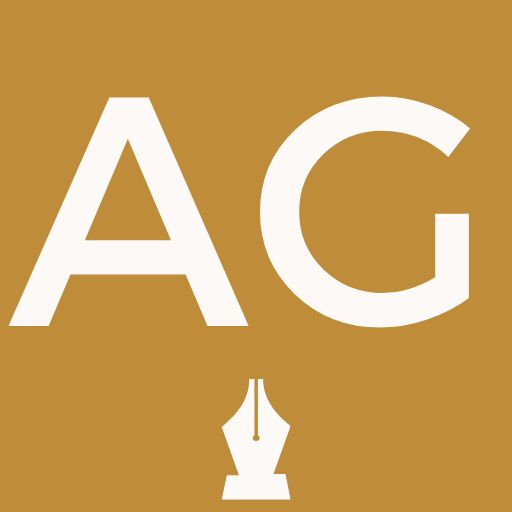Due to yet another scheduling conflict, First in Fiction is taking a week off, but we’ll be back next week (and back on our normal every-other-Tuesday schedule). Until then, here’s an old post from a few years ago. Enjoy!
This week we take a look at music and its role in writing. Also, as always, another special thanks to Eliza Rickman for our intro and outro music.
I’ve included our show notes below the YouTube video for your convenience. As always, we welcome your comments.
Music to Write By
- Pub term of the day: Em-dash
- Music to Write By
- Consider the purpose:
- Background? Perhaps something without lyrics. Something with a moderate tempo.
- Al: I listened to different music while doing “grunt work” than I do when composing.
- I use iTunes radio and Pandora to shuffle through classic rock, classical, musicals, instrumentals, etc. Very varied.
- For times when I need to focus, I stick with movie scores to set the mood or certain classical.
- Mozart’s Requiem is great for dark, tense moods.
- Sometimes silence is my best friend.
- Sometimes I use “white noise,” like the sound of rain (which we talk about a little later).
- Al: I listened to different music while doing “grunt work” than I do when composing.
- Inspiration? Consider the tonality (minor chords for dark/depressing scenes, brighter chords for happier, triumphant scenes, lots of sharps to set you on edge).
- Al: Musicals can be great for inspirations. The songs are story set to music. Phantom of the Opera, Scarlet Pimpernel are two examples of high emotion in music.
- Historical context? Look for lyrics that define the times, for popular songs from the era.
- Al: This would be a good place to talk a little about using lyrics in writing.
- Music provides great insight into the times. Sad French songs during WWII (and upbeat American songs meant to bolster spirits–ala The Andrew Sisters’ Boogie Woogie Bugle Boy). The 60s and 70s are defined by music. Consider Born to be Wild, drug culture songs, anti war lyrics, etc.
- Combat silence? Consider white noise, nature sounds, etc. You can hear this on iTunes Radio, Pandora, or through an app.
- Background? Perhaps something without lyrics. Something with a moderate tempo.
- Music as historical research
- Google the top songs of the era in which you’re writing. Listen to those.
- Find those that represent the culture from which they came, what the people valued, what “shocking” lyrics ruffled the feathers of the conservative majority.
- How does this music reflect the culture from which it came? In what way has it challenged it?
- Music as inspiration
- In addition to the tonality, musicality, etc., consider the lyrics. Are they poetic? Do they tell a story? Do they embody any of your characters?
- Examples
- “Radio Radio” playlist–hard rock, Breaking Benjamin, mainly, but also Stavesacre, Tool, etc.
- Stavesacre helped me unlock the thinking of Monday, my protag in “The Implausibles.”
- Usually, I listen to movie scores (Jurassic Park, Lord of the Rings, Pirates of the Caribbean, Interstellar, etc. — Good Pandora stations to add to your writing list if you like this: Hanz Zimmer, John Williams, Danny Elfman, Explosions in the Sky)
- Currently on my Pandora list:
- Bright Eyes, Death Cab for Cutie, Ed Sheeran, Fiona Apple, Florence + the Machine, Iron and Wine, Mumford and Sons, Pedro the Lion, The Wailin’ Jennys, Tori Amos, Eliza Rickman
- Consider the purpose:
